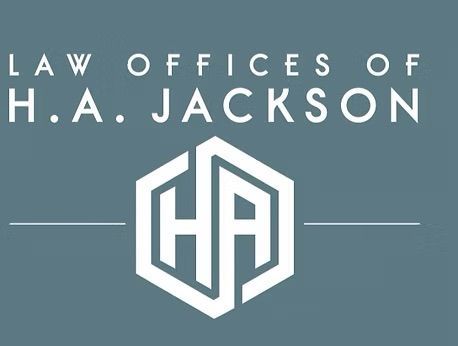How Tort Reform Is Reshaping Medical Malpractice Cases
Aug 13 2025 15:00
In recent years, public concern about medical malpractice cases has surged, bringing to light the complexities of pursuing justice for those who have suffered due to medical errors. With the advent of tort reform, patients are finding it progressively challenging to navigate these legal waters. These reforms, taking shape across various states, create a landscape that demands awareness and understanding.
State-by-State Variability
The impact of tort reform is not uniform; it varies significantly from state to state. This variability means that the rules governing medical malpractice cases in Texas might differ substantially from those in California. It's crucial for individuals to consult with attorneys familiar with their state’s specific tort reform laws, ensuring that they understand the pertinent rules and deadlines.
Damage Caps
One of the major changes introduced by tort reform is the implementation of damage caps. These caps limit the recovery of non-economic damages like pain and suffering, often undervaluing the profound impact of a medical error on a patient's quality of life. For many, this means that the compensation received may not fully reflect the hardship endured, creating additional emotional and financial burdens.
Shorter Filing Deadlines
Reduced timelines for filing medical malpractice claims can catch victims off guard. These shorter deadlines are particularly daunting for those who are still in recovery or mourning a loved one. It's imperative for patients and their families to recognize these time constraints and act swiftly to preserve their right to legal recourse.
Attorney Fee Limits
Attorney fee limits, a reform measure designed to reduce litigation costs, might inadvertently discourage skilled lawyers from taking on complex cases. This is especially concerning for those with limited financial resources, who may struggle to find legal representation willing to tackle the demanding nature of medical malpractice cases without the incentive of adequate compensation.
Higher Burden of Proof
Another significant hurdle is the higher burden of proof required in many reformed jurisdictions. These reforms may demand expert testimony and stricter evidence standards, which can be overwhelming for those attempting to pursue a case without legal help. Ensuring access to proficient legal counsel can make these intricacies more manageable.
While the pursuit of justice in medical malpractice cases is fraught with emotional and legal complexities, victims are not alone. It is vital to seek knowledgeable legal counsel as a first step. With narrowing windows for action, individuals who suspect malpractice should act quickly to explore their options. Despite the obstacles, justice remains attainable with the right guidance.

